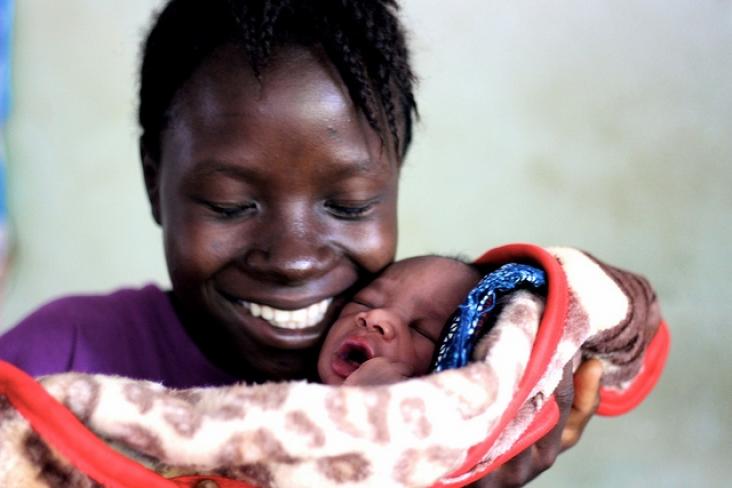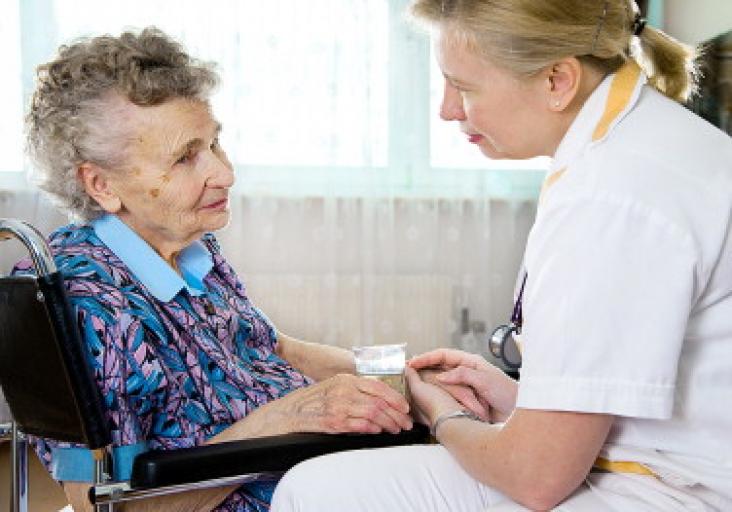Health systems have a crucial role in a multisector response to violence against women.
This webinar focuses on women's health initiatives in the private sector, working towards Goal 3 and Goal 5
Advancing goal 5 requires governments to bring down legal barriers that restrict economic opportunities for women. This report is a call to action from business to create more inclusive economic growth.
This report links to Goal 3 and Goal 5 and Principle 3 of the Women’s Empowerment Principles, which encourages companies to ensure the health, including sexual and reproductive health, of all workers.
This chapter advances SDG 4, 5, and 10 by exploring the known reasons why African-Americans do not pursue or persist in science, technology, engineering, and mathematics (STEM) disciplines in general and in computing sciences in particular.

A new Global Investment Framework for Women's and Children's Health demonstrates how investment in women's and children's health will secure high health, social, and economic returns.
Despite large gains in health over the past few decades, the distribution of health risks worldwide remains extremely and unacceptably uneven.

Addresses the impact of long-term care on women, outlining the salient issues affecting women who are receiving care and those who are providing informal caregiving, as well as those who are direct care workers in long-term care facilities. Focus is given to the prevalence of physical and mental health conditions among women in the long-term care system and identification of risk factors associated with women’s health and economic well-being.
Summarizes the evidence on how education, work, and marriage influence women’s health. In light of dramatic changes in gender-based inequalities in education, occupational opportunities, and marriage, trends in major indicators of women’s health are discussed in relation to the relevance of social changes for recent and future population patterns in women’s health.
This chapter content advances SDG 3 and 5 by explaining that there is a realistic concern about the impact of ionizing and nonionizing radiations on the health of children and their mothers. The magnitude and type of risks that are associated with radiation exposure to children and mothers must be determined to prevent the health consequences of such exposure.
